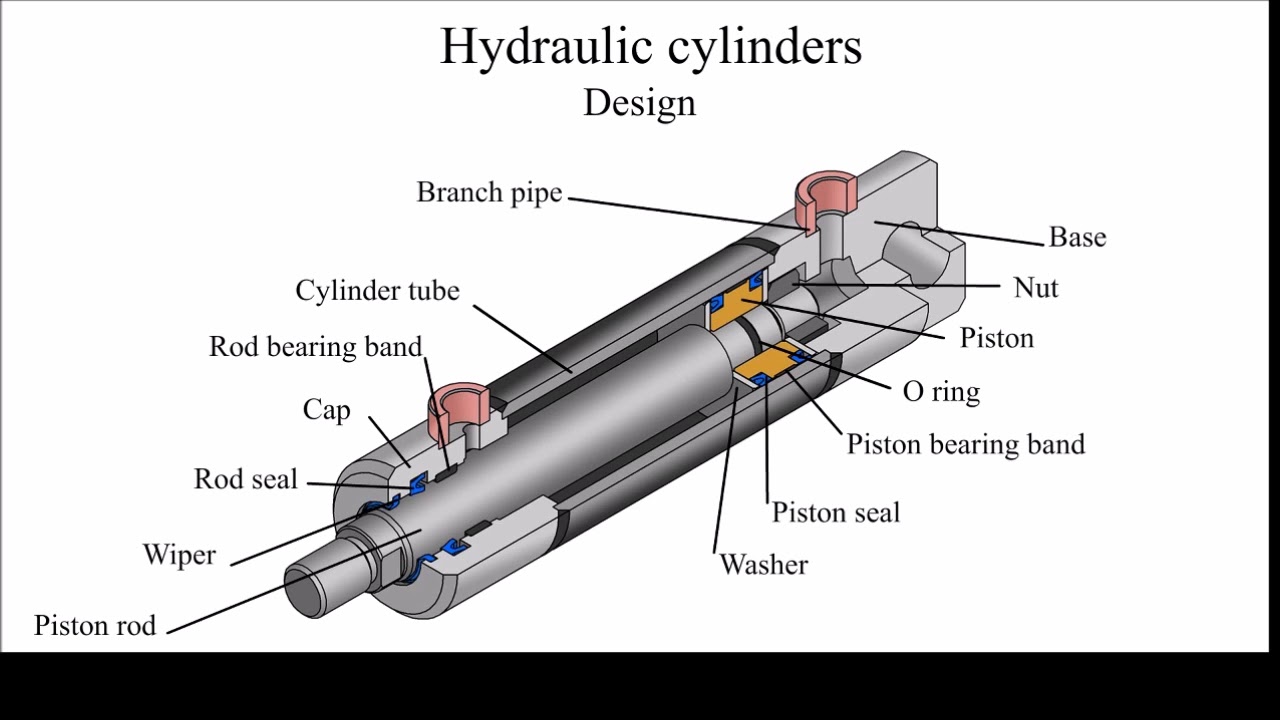
A hydraulic system failure is always inconvenient and costly but, in some industries, it can put users at serious risk of injury or death. Aircrafts, for example, rely on hydraulics to move critical mechanisms, including the landing gear, brakes, and wing flaps, so any system failure could result in catastrophic consequences.
Honing: The Key To Hydraulic System Performance
CNC honing is a highly precise machining technique that is used to form exceptionally smooth, cylindrical surfaces. An abrasive, or diamond, stone is used to apply pressure to the surface of the component to size it, and create particular surface finishes, according to exceptionally detailed specifications.
When assembling hydraulics systems, including cylinders and pipelines, CNC honing plays a critical role. The interior of hydraulic components depends on incredibly precise volumetric measurements and must be honed accordingly to ensure it is smooth and dirt-free if optimum performance is to be achieved.
Honing reduces hydraulic system failure in several ways:
1) Superior Part Lifespan
In hydraulic systems, premature failure or aging of parts must be avoided. Honing helps minimise the risk of metal wear, component disintegration, or splits in pipework or tubing. Metalwork that is finely honed eradicates the surface inconsistencies that cause metal to wear unevenly, thereby avoiding the problems associated with imbalanced pressurised fluids.
2) More Durable Pistons
Honing the surface of pistons enables them to wear more slowly and deliver more durable performance over a longer period. Because pistons move forward and backwards quickly to move loads or pump liquid, they are subjected to excessive strain, so it is essential to minimise wear, friction, and fluid resistance to keep the hydraulics system operational. By creating a surface finish which aids oil retention, honing improves the performance of the pistons and achieves more precise tolerances, while also helping to keep piston enclosures and chamber connectors sealed tightly.
3) Improved Performance
By honing the interior surface of a hydraulic cylinder, smoother movements can also be achieved due to less friction, so fluid is moved more consistently through the system with less wear on key components, such as pistons. Efficient transmission of hydraulic fluid is critical if the system is to operate safely and effectively, so honing is key to eliminating the inconsistencies that could prevent the smooth movement of fluid.
‘Crosshatch honing,’ in which both axes are crossed at the same time, is also an invaluable honing method as it shapes a cylinder surface to be flatter for piston contact and prevents piston wear due to increased oil retention.
Contact Hone-All To Find Out More
At Hone-All, we offer a high-quality and reliable CNC honing service that guarantees the finished component is safe and durable, so you can be assured that you won’t be faced with substandard parts that cause an irretrievable hydraulic system failure.
To request a free, no-obligation quotation or to find out more about our honing services, please call us on 01525 370666, visit www.hone-all.co.uk or send us a message and our team will be in touch.






